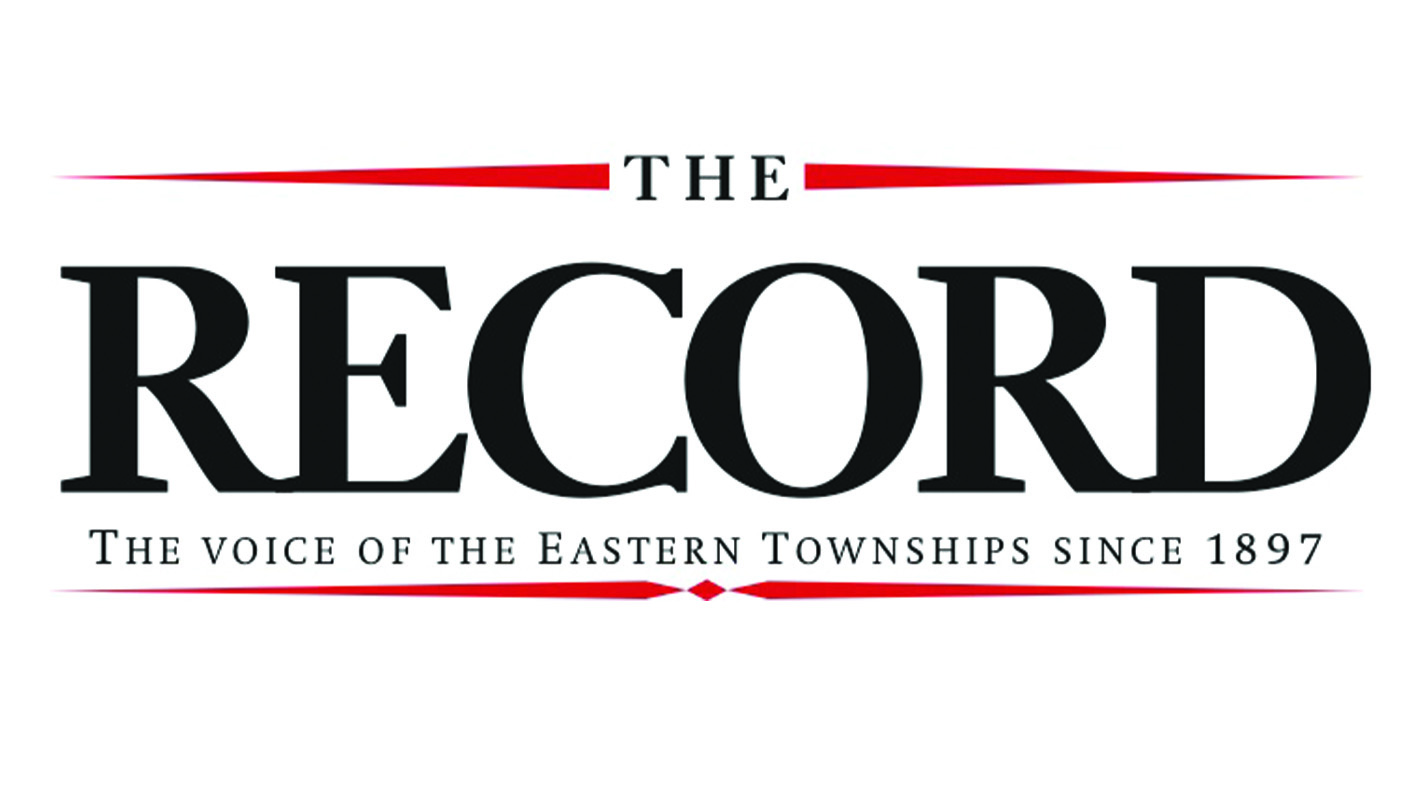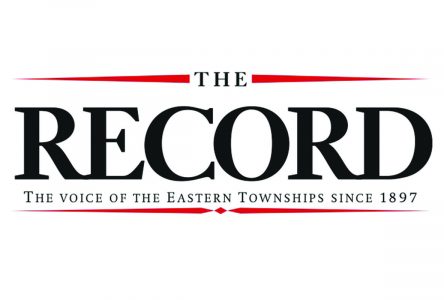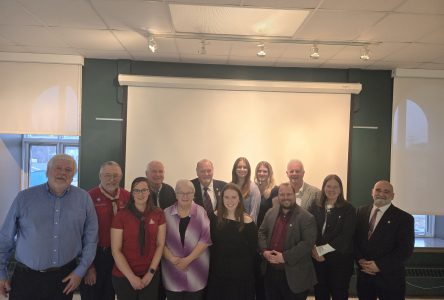The Regroupement des organismes communautaires de l’Estrie (ROC) a round-table group that unifies and advocates for nearly 200 different community organizations across the region, is sounding the alarm about individual and institutional burnout during the pandemic.
In a press release issued in the wake of a special meeting of the ROC earlier this month, the organization shared that roughly 75 per cent of its member groups report being worn out at a time when they are now being asked to work harder than ever.
Speaking with The Record directly, ROC Director Claudelle Cyr said that while burnout is not a new issue in community organizations, the stresses of the last several months have done nothing to help.
“It is worse now,” she said, “(the problem) is enormous.”
Cyr stated that she is well aware that everyone is struggling at the moment, but pointed out that as the organizations on the front lines of the struggle, the ROC members feel that universal social anxiety even more strongly.
“We’re talking about youth centres, women’s shelter, volunteer centres, meals on wheels programs,” she said. “This is in every sector serving the population right now.”
“We’re not saying it’s easier for anyone else, but we’re being asked to serve a population in distress with limited resources,” Cyr added. “The government wants us to be present, and we say we are here, but then we are left on our own to fill in the gaps.”
Those gaps, the director said, come from the confusing position of being officially considered priority essential services, but then not being given the support and directives needed to keep those services going with teams of sometimes only three or four people.
“We want to continue working, but if we can’t take care of ourselves, then we cannot help anyone else, either,” Cyr said, pointing out that when small teams need to commit large amounts of already squeezed schedules to acquiring appropriate personal protective equipment as well as learning and re-learning changing safety protocols, it significantly impacts their ability to serve a core mission. “You have no idea the number of hours have been committed to just having access to enough masks,” she added.
Aside from the health and safety restrictions, Cyr said that the ways in which the government has proposed to help are actually only adding to the pressure.
“They make announcements in press conferences; seven million for mental health, seventy million for groups, but the actual funds are very difficult to follow and the accountability measures are unbelievable,” the director said, explaining that the government has reorganized the way it holds community organizations to account in such a way that it is taking more time than it has ever taken before.
“I already have groups that have refused these funds, not because they don’t need the money but because they can’t handle all the requirements,” Cyr said. “It is too complicated.”
The ROC director called the measures “authoritarian,” noting that although it is very important to keep track of the spending of public money, it is also not socially responsible to ask tiny organizations to commit massive amounts of their resources to accounting over a matter of a few thousand dollars.
“It doesn’t make sense,” she said, “No organization is asking for $100,000.”
At the same time, the director said that it has never been so hard for community organizations to make their voices heard at the government level, leaving many feeling left without anywhere to turn with their concerns for the future. As a result, Cyr said several are already considering or have engaged in temporary shutdowns that put their usual clientele at risk.
Even for those groups that have decided to accept government funding, there are limits to what throwing money at the problem can do.
“We cannot hire more workers for only three months,” Cyr said, pointing out that case workers, for example, often require specialized training. Additional funding, therefore, is essentially being channeled into paying for what is usually unpaid overtime but that doesn’t make the workers in question any less burnt out at the end of the day.
“It doesn’t change anything for a worker who has to stay home because her kid can’t go to school or daycare,” Cyr said.
Given that the coming of COVID-19 has changed the way that nearly everything is being done, the ROC director acknowledged that there is no simple solution to the problem, but she argued that the government should at least not be working to make matters more complicated.
“We want to continue to help the community, but we are being given constraints by the government that just do not make any sense,” she said, arguing that if community organizations were able to work through the pre-established channels, that would already be better. “As it is, things are not working and everything feels like a fight.”
Community organizations sounding the burnout alarm
By Gordon Lambie





